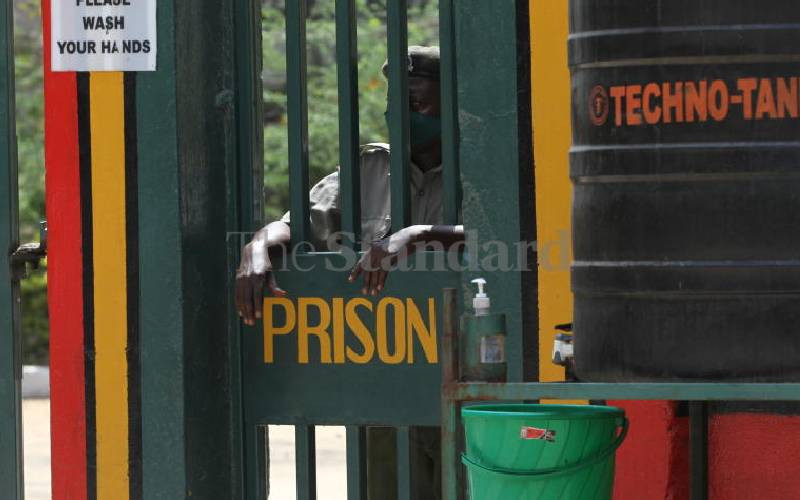
Trouble is brewing at the country's corrections facilities as prison warders threaten to paralyze normal operations over the non-payment of a promised salary increment by the end of July.
The Kenya Prisons Service (KPS) warders, manning prison gates and watchtowers in some of Kenya's largest facilities, have boycotted key duties and threatened to release dangerous criminals if their demands are not met. The warders are also protesting squalid living conditions, corruption, and mistreatment by their bosses.
A spot-check revealed that several prison facilities across the country, including Nakuru GK Prisons, Shimo la Tewa in Taita Taveta, and Naivasha Prisons had been affected.